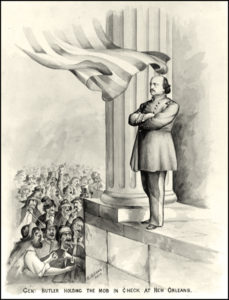History
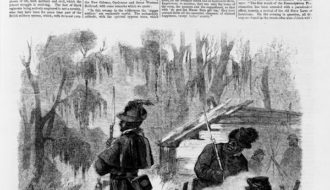
African Americans in the Civil War
African Americans, both freed and enslaved, played critical roles in Civil War Louisiana.

African Americans, both freed and enslaved, played critical roles in Civil War Louisiana.
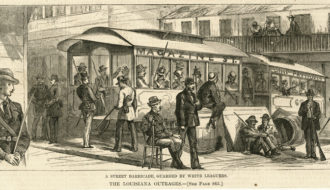
The Battle of Liberty Place, September 14, 1874, effectively brought an end of Reconstruction policies in Louisiana.
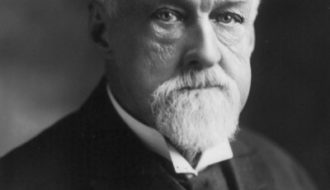
The policies and ambitions of Bourbon Democrats dominated Louisiana's political and social life in the late nineteenth and early twentieth centuries.
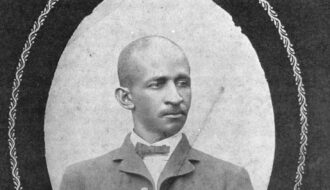
Caesar Carpentier “C. C.” Antoine served as Louisiana’s lieutenant governor from 1873 to 1877.

Caesar Carpentier “C. C.” Antoine served as lieutenant governor of Louisiana from 1873 to 1877, one of only three individuals of African descent to hold the office during Reconstruction.
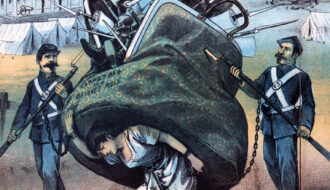
“Carpetbagger” and “scalawag” were derogatory terms used to describe white Republicans from the North or southern-born radicals during Reconstruction.

“Carpetbagger” and “scalawag” were derogatory terms used to deride white Republicans from the North or southern-born radicals during Reconstruction.
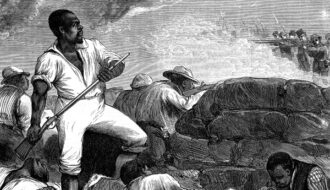
In 1873 white Louisianans responded to Reconstruction policies with violence, resulting in a massacre that claimed as many as 150 lives.

In 1873 white Louisianans responded to Reconstruction policies with violence, resulting in the Colfax Massacre.
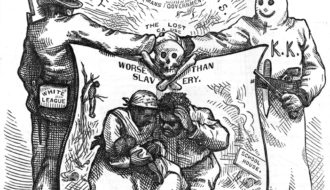
The 1873 Coushatta Massacre resulted from both anger about Reconstruction policies and the presence of carpetbaggers in the state.
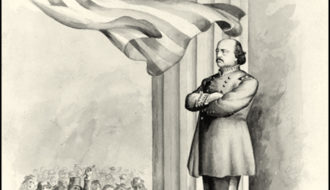
Federal forces occupied New Orleans, a strategic city at the mouth of the Mississippi River, from 1862 until the end of Reconstruction.

For both Union and Confederate forces during the Civil War, New Orleans was considered a strategic city at the mouth of the Mississippi River.
One-Year Subscription (4 issues) : $25.00
Two-Year Subscription (8 issues) : $40.00
